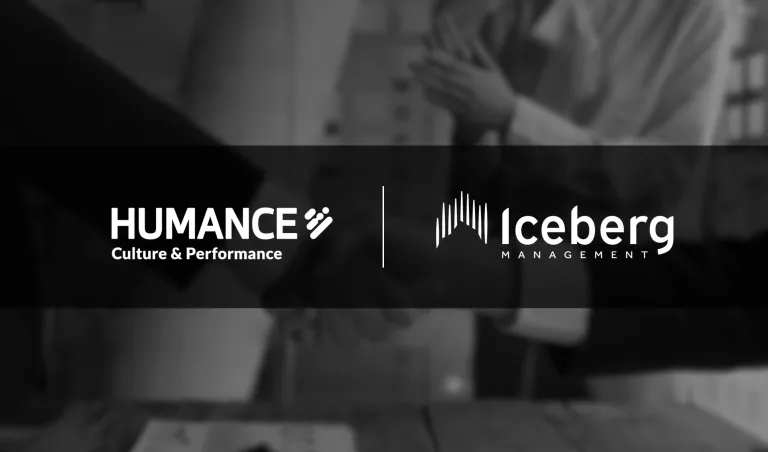
As 2021 continues, and COVID-19 vaccines become more widespread, we will see our lives begin to open to what we used to take for granted. When it comes to workplaces, the choice will be to go back to the way they were “before” or take this opportunity to progress toward greater flexibility.
Based on research into human dynamics and personality traits for remote work success, Work EvOHlutionTM predicts that the “hybrid workplace” will be the typical path forward. Determining the extent to which a person works from the office or remotely should depend on their position, personality, the needs of their team, and their home office scenario. Read the article, Everyone Working Remote or Together: Why Not a Middle Ground? for more insights about customized work arrangements.

Gone are the days when working from the office or from home needs to be an “either-or” choice, with many preferring a split (as discussed in this Forbes article). For many, the ideal split for their personality is a 3:2 or 2:3 split, with 3 days in the office and two days remote, or vice versa. For others, 5 days in the office will make the most sense, whereas some may opt for a mostly remote scenario (e.g., a 1:4 split, with one day at the office per week). A certain type of person thrives when fully working remotely, but this is the exception, not the rule. The 100% remote workplace during the pandemic is not the ideal scenario for most of us, but we’ve done our best to adapt.
Organizations that re-examine their workplace strategy to enable more flexibility will reap the rewards of a more engaged and productive workforce. We could not agree more with Steve Hunt, Chief Expert of Technology & Work at SAP, regarding his concept of a “mindful return to the office” – using this opportunity to consider the culture your workplace wants to be known for, post-pandemic.
Organizations that re-examine their workplace strategy to enable more flexibility will reap the rewards of a more engaged and productive workforce.
To be successful, a hybrid workplace requires leaders/managers and teams to be equipped with the skills to thrive in these different configurations of office and remote. The biggest challenge for the leader will be how to manage a combination of people working remotely and in the office, requiring more planning to ensure that in-person collaboration, when needed, is booked.
According to Hunt, a purposeful return to the office strategy focuses on maximizing the occurrence of effective, live interactions. Further, the leader must be consciously inclusive to team members who are remote, so out of sight does not equal out of mind.

Leaders must be consciously inclusive to team members who are remote, so out of sight does not equal out of mind.
Each of us is a unique person with a proclivity towards where and when we work most effectively. Work EvOHlution’s Distributed Work Profiler is a powerful, research-based assessment used by organizations to help their people determine the right balance of office versus remote work, and to develop highly effective, personalized habits when working remotely.
Inviting employees to declare their current arrangement of remote and office work would be an interesting way to communicate and build cultural norms around a distributed or hybrid workplace. Following many conscious approaches to inclusivity, cutting-edge organizations that embrace their hybrid workplace could also incorporate people’s office and remote days into their signatures. See mine as an example below (I have had a 3:2 day split for over 15 years).
Laura Hambley (She/Her) Ph.D., R. Psych. • President
3 (Office: Mon/Wed/Thurs) 2 (Home: Tues/Friday)
t: (587) 354-3444 • c: (403) 819-7060
www.workevohlution.com

Just like including pronouns in your signature shows you care about individuals’ personal preferences, including your preferred split between office and remote work shows you want to facilitate ease of planning for collaborative encounters on the days you overlap with other team members.
In sum, the hybrid workplace will allow for all the positives that the COVID-19 “remote work pilot” has shown us, including saved commutes – but it will also enable us to be more intentional about, and appreciative for, our time in the office.
References
Freeland, G. (September 2020). Will The 3+2 “Hybrid” Workplace Of Home And Office Become The New Norm For Business? Forbes.
https://www.forbes.com/sites/grantfreeland/2020/09/08/will-the-32-hybrid-workplace-of-home-and-office-become-the-new-norm-for-business/
Hunt, S. (December 2020). Mindfully returning to the office: balancing the value & limitations of shared workspaces. LinkedIn.
https://www.linkedin.com/pulse/mindfully-returning-office-balancing-value-limitations-steve-hunt/
Work EvOHlution: Distributed Worker Success. Assessments. https://www.workevohlution.com/assessments/
Hambley, L. & O’Neill, T. (June 2020). Everyone Working Remote or Together: Why Not a Middle Ground? Work EvOHlution.
https://www.workevohlution.com/everyone-working-remote-or-together-why-not-a-middle-ground/


